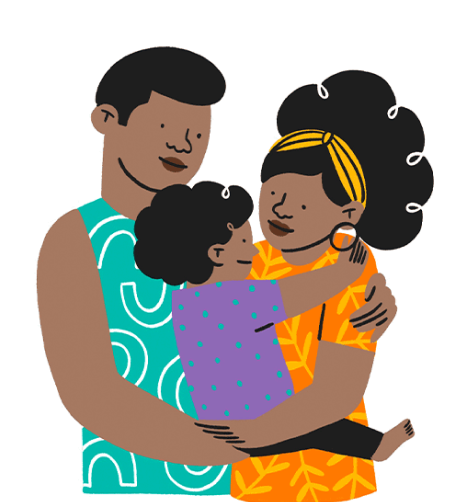Journey
Growing Together Step by Step




We are an evidence-based program. Our achieved results in the design and implementation stages demonstrate the validity and impact of Semillas de Apego, as well as its potential for nationwide implementation and scalability.
2.972
mothers, fathers, and primary caregivers have participated in the program.
3.864
infants supported through their caregivers.
43
community monitors and 8 regional supervisors trained and empowered.
2014
Curriculum Design
We developed the curriculum's first version in collaboration with the Child Trauma Research Program at the University of California, San Francisco (UCSF).
2015
Adaptation Pilot
The program was implemented in three locations in Bogotá, reaching 75 displaced mothers, using a mixed-methods approach to analyze the relevance of the curriculum, the technical and logistical feasibility of the group model, and community acceptance.
2018-2020
Impact Evaluation
We conducted Semillas de Apego in Tumaco, Nariño, with the participation of 1,370 mothers, fathers, and primary caregivers of young children. The program's effectiveness on caregiver's psychological well-being and early childhood development was assessed via a randomized controlled trial.
2022
Pilot Scale
We extended the implementation of Semillas de Apego to 4 municipalities with the participation of 1,200 fathers, mothers and caregivers, with the purpose of analyzing the fidelity, quality and cost-effectiveness of implementing the program on a larger scale and with an external operator.
2022
Integration with Sesame Workshop
The socio-emotional learning content of Sesame Workshop's Watch, Play, Learn was incorporated into the implementation of Semillas de Apego in Tumaco (Nariño) and Jamundí (Valle del Cauca), with a focus on enhancing the emotional co-regulation process between participants and children. The technical feasibility of this integration was analyzed to determine its impact.
2022
Scaling Up
We are expanding the program based on positive results from previous phases, which will take us to 13 communities in 2023, reaching more than 12,000 mothers, fathers, and other caregivers, and 20,000 children.